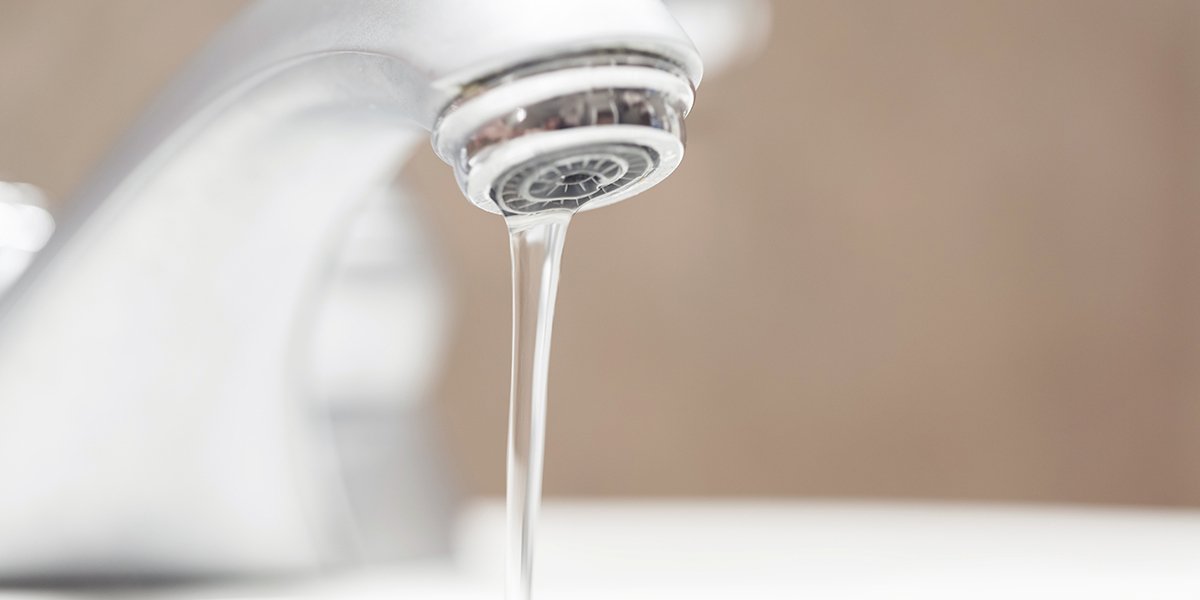If you’ve noticed that your water flow isn’t as strong as it used to be, you’re not alone. Low water pressure can be a common problem in many homes, and it can make everyday tasks like showering or washing dishes a hassle. Understanding what causes low water pressure is the first step toward fixing it.
In this article, we’ll break down some of the most common reasons behind this issue and share practical solutions to help you get your water flow back on track. Whether it’s a simple fix or something that needs professional help, knowing what to look for can save you time and frustration.
What Causes Low Water Pressure?
You might be surprised to learn that several factors can cause low water pressure in your home. One common culprit is clogged pipes or fixtures. Over time, minerals and debris can build up inside your plumbing, making it harder for water to flow freely. Another reason could be leaks in your pipes, which can reduce pressure even if they’re small.
Your main water valve might be partially closed, limiting the amount of water entering your home. You can check this by locating the valve, usually near where the main water line enters your house, and making sure it’s fully open. Sometimes, the issue isn’t in your home at all but with the municipal water supply. If your neighbors are also experiencing low pressure, it might be a problem with the city’s water system.
Older homes often face pressure issues due to aging pipes. As pipes get older, they can corrode or become narrower inside, restricting water flow. Lastly, if your home has a pressure regulator, it might be malfunctioning. These devices are designed to keep your water pressure at a safe level, but when they fail, they can cause pressure to drop.
Fixing Low Water Pressure
Cleaning your faucet aerators and showerheads can make a big difference, as these parts often collect mineral deposits. For your water heater, flushing it to remove sediment can help improve flow, especially with hot water.
If these quick remedies don’t work your household plumbing issues, it might be time to call in a professional plumber. They have the tools and expertise to diagnose more complex issues. Professional plumbers in Lacey, WA know exactly how to:
- Check for hidden leaks
- Assess your pipes’ conditions
- Test your water pressure accurately
They might suggest solutions like replacing old pipes, fixing leaks, or installing a water pressure booster pump. For ongoing maintenance, consider regular inspections of your plumbing system.
Say Goodbye to Household Plumbing Issues
Low water pressure doesn’t have to be a permanent problem in your home. By knowing what causes low water pressure, you can take steps to improve your water flow and make your daily routines more enjoyable. Remember, some water flow solutions are simple enough to do yourself, while others may require professional help.
For more tips and insights on plumbing issues, be sure to check out our blog. This will help you stay ahead of potential issues and keep your home in top shape.
Stay in touch to get more news & updates on Buzz Slash!




